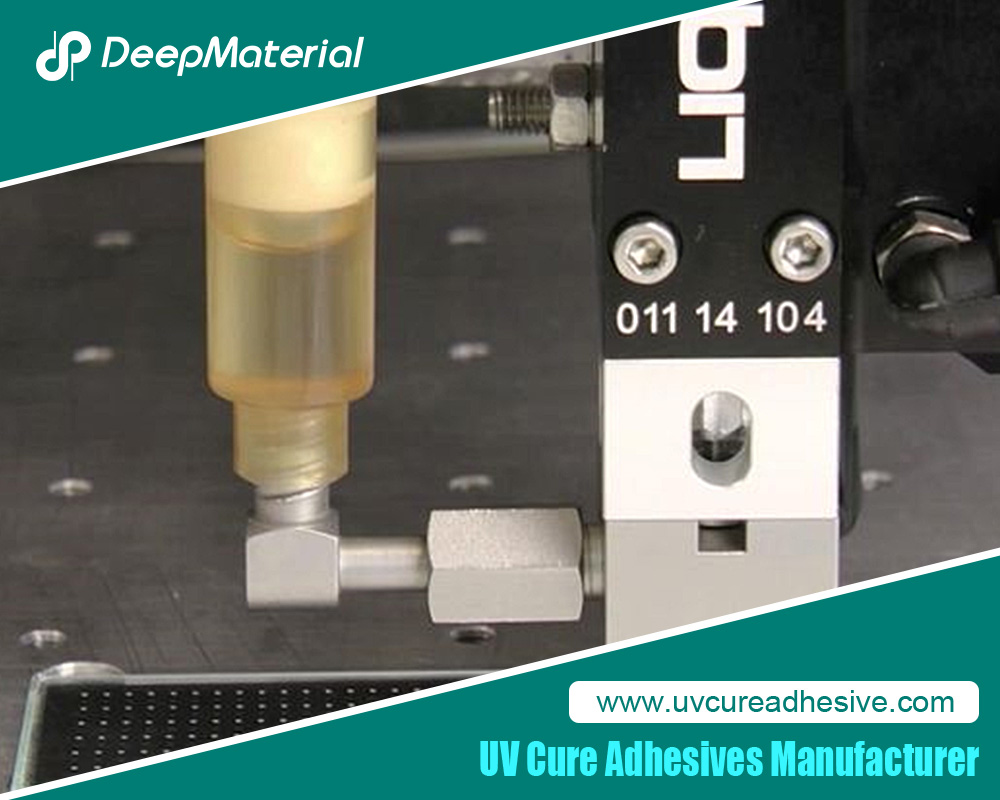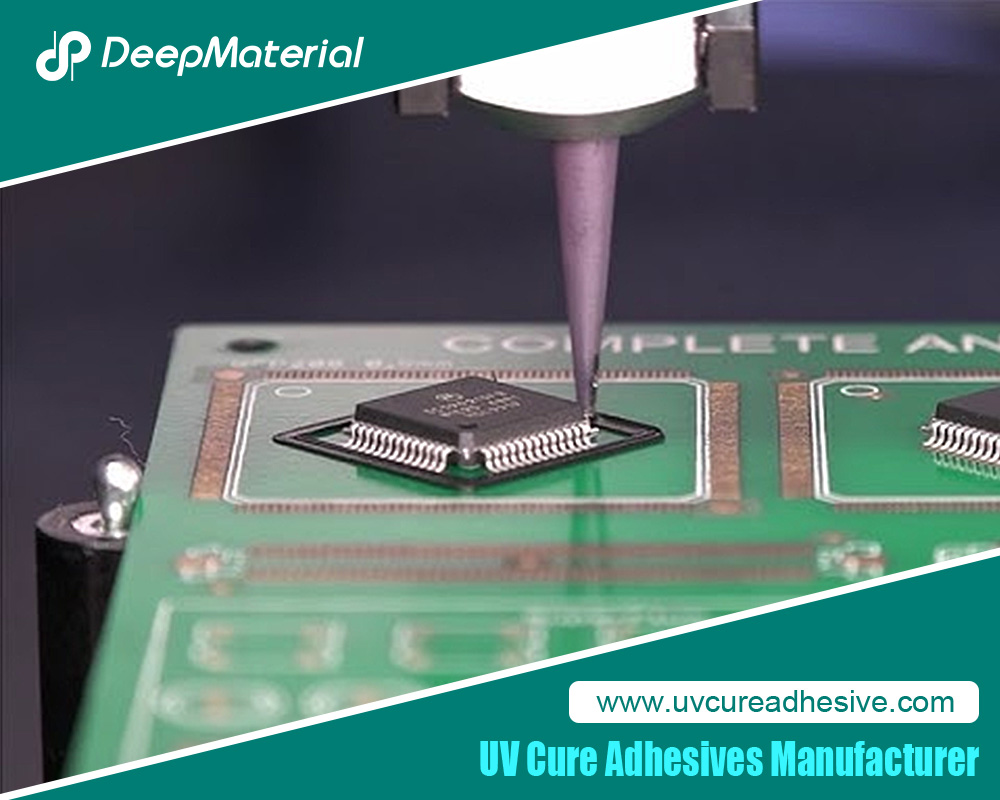The Comprehensive Guide to UV Cure Conformal Coating
In the rapidly evolving world of electronics manufacturing, ensuring the reliability and longevity of circuit boards and electronic components is paramount. One effective solution to achieve this is applying UV Cured conformal coatings. These coatings protect electronic assemblies from moisture, dust, chemicals, and other environmental hazards that can compromise functionality and lead to failures. This article delves into the intricacies of UV Cured conformal coating, exploring its types, applications, benefits, and best practices for application.
Understanding Conformal Coating
What is Conformal Coating?
Conformal coating is a protective chemical layer applied to electronic circuit boards and components. This coating conforms to the contours of the substrate, creating a barrier against environmental factors that can lead to corrosion or short circuits.
Purpose and Importance
The primary purposes of conformal coating include:
- Protection from Moisture: Prevents water ingress, which can cause short-circuiting.
- Chemical Resistance: Shields against corrosive substances that could damage electronic components.
- Electrical Insulation: Provides insulation, reducing the risk of electrical failures.
- Mechanical Stability: Enhances durability and mechanical stability against vibrations and shocks.
Types of Conformal Coatings
- Acrylic Coatings
- Acrylic coatings are popular due to their ease of application and removal. They offer good moisture and chemical resistance and are often used in consumer electronics.
- Silicone Coatings
- Silicone conformal coatings provide excellent temperature resistance and flexibility. They are ideal for applications exposed to extreme environmental conditions, such as automotive or aerospace components.
- Polyurethane Coatings
- Polyurethane coatings offer robust protection against moisture and chemicals. They are known for their durability and are often used in high-stress applications.
- Epoxy Coatings
- Epoxy coatings are highly resistant to chemicals and moisture, providing a solid protective layer. However, they can be challenging to remove and may require special solvents.
- UV Cure Coatings
- UV Cure coatings are unique as they cure quickly upon exposure to ultraviolet light. This technology allows for rapid processing and is gaining popularity in high-volume manufacturing environments.
Advantages of UV Cure Conformal Coating
Speed of Application and Curing
- One of the most significant advantages of UV cure conformal coating is the rapid curing process. The use of UV light allows the coating to harden almost instantly, minimizing downtime in manufacturing.
Enhanced Durability
- UV cure coatings exhibit excellent mechanical properties, including scratch resistance and flexibility. This durability makes them suitable for various applications, particularly in demanding environments.
Low Viscosity
- UV cure coatings typically have low viscosity, which allows them to penetrate intricate designs and conform to complex geometries. This property ensures comprehensive coverage of all exposed surfaces.
Environmental Resistance
- These coatings provide robust resistance against moisture, dust, and chemicals, protecting electronic components from environmental stressors.
Reduced VOC Emissions
- Many UV Cured coatings emit lower volatile organic compound (VOC) emissions than traditional coatings. This attribute aligns with modern manufacturing sustainability initiatives.
Applications of UV Cure Conformal Coating
Consumer Electronics
- In consumer electronics, UV Cure conformal coatings protect circuit boards from moisture and contaminants, ensuring product reliability and longevity.
Automotive Industry
- The automotive sector employs UV cure coatings to shield electronic systems from harsh conditions, including extreme temperatures, humidity, and chemical exposure.
Aerospace and Defense
- Reliability is critical in aerospace and defense applications. UV Cured conformal coatings provide the necessary protection against environmental challenges, including altitude variations and exposure to various chemicals.
Medical Devices
- UV Cured coatings are used in medical devices to maintain sterility and protect sensitive electronics from contamination and moisture.
Telecommunications
- UV cure coatings protect delicate electronic components from environmental hazards in telecommunications, ensuring continuous and reliable communication.
Application Techniques
Spray Application
- Spraying is a standard method for applying conformal coatings. It allows for even coverage, especially on complex geometries.
Dip Coating
- Dip coating involves submerging the entire circuit board in the coating solution. This method is efficient for mass production but may require additional curing processes.
Brush Application
- Brush application is often used for touch-ups or when precision is required. It allows for targeted application but can be time-consuming.
Selective Coating
- Selective coating involves applying the conformal coating only to specific circuit board areas. This technique helps prevent coating on components that may be sensitive to the material.
Best Practices for UV Cure Conformal Coating
Surface Preparation
- Cleaning: Ensure all surfaces are clean and free from contaminants. Use appropriate solvents for cleaning.
- Drying: Allow the surfaces to dry completely before applying the coating.
Environmental Controls
- Temperature and Humidity:Maintain optimal environmental conditions during application to ensure proper adhesion and curing.
- UV Light Source:Use appropriate UV light sources to effectively cure without damaging the components.
Inspection and Testing
- Visual Inspection: Conduct thorough visual inspections post-application to check for defects or uneven coverage.
- Adhesion Testing: Perform adhesion tests to ensure the coating adheres properly to the substrate.
Safety Precautions
- Personal Protective Equipment (PPE): Use gloves, goggles, and masks to protect against chemical exposure.
- Ventilation: Ensure adequate ventilation in the workspace to mitigate exposure to VOCs.
Challenges and Considerations
Compatibility with Components
- It is crucial to assess the compatibility of UV Cure conformal coatings with the components on the circuit board. Some materials may not react well to the coating, leading to potential failures.
Curing Time and Efficiency
- While UV cure coatings offer rapid curing, their effectiveness depends highly on the intensity and wavelength of the UV light. Proper calibration is essential to ensure complete curing.
Cost Implications
- Although the initial investment in UV curing equipment may be significant, the long-term benefits in efficiency and reliability often justify the costs.
Future Trends in UV Cure Conformal Coating
Advancements in UV Technology
- Ongoing advancements in UV technology are leading to the development of new formulations that cure faster and provide even better protection.
Eco-Friendly Formulations
- The demand for environmentally friendly products is increasing. Future formulations are expected to focus on sustainability, reducing VOCs, and utilizing renewable resources.
Integration with Smart Technologies
- As electronics continue to evolve, there is potential for integrating intelligent technologies that can monitor the effectiveness and condition of the coating over time.
Conclusion
UV cure conformal coating represents a significant advancement in the protection of electronic components, offering rapid application and excellent durability. By understanding the various types, applications, and best practices for UV cure coatings, manufacturers can enhance the reliability and longevity of their products. As technology continues to evolve, the future of UV cure conformal coatings looks promising, with ongoing innovations aimed at improving efficiency, environmental sustainability, and overall performance. Embracing these advancements will be essential for industries seeking to meet the increasing demands for reliability and durability in their electronic applications.
For more about choosing the comprehensive guide to UV cure conformal coating, you can pay a visit to DeepMaterial at https://www.uvcureadhesive.com/ for more info.




